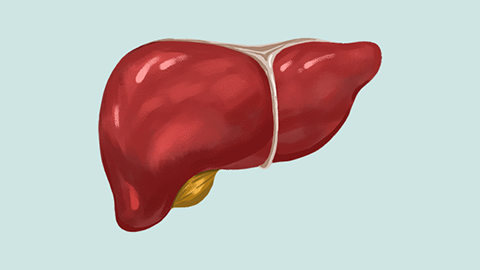What tests are needed for liver disease?
Generally, there are many types of liver diseases, such as fatty liver, viral hepatitis, alcoholic hepatitis, etc. Common diagnostic methods for liver diseases include physical examination, liver function tests, virological tests, imaging examinations, pathological examinations, etc. If discomfort occurs, timely medical consultation is recommended. Detailed explanations are as follows:

1. Physical Examination
For patients suspected of having liver disease, preliminary diagnosis should be performed through methods such as palpation and percussion, analyzing the shape, size, and texture of the liver to determine whether there are any lesions, and excluding abnormalities such as hepatomegaly and ascites.
2. Liver Function Tests
Liver function tests mainly assess whether liver function is normal and whether there is any damage by measuring indicators such as alanine aminotransferase (ALT), aspartate aminotransferase (AST), alkaline phosphatase (ALP), cholinesterase (CHE), albumin, bilirubin, etc.
3. Virological Tests
If viral hepatitis is suspected, virological testing should be performed for diagnostic analysis, including tests for hepatitis B surface antigen (HBsAg), hepatitis C antibody, hepatitis A antibody, and hepatitis E antibody, to rule out diseases such as hepatitis A, hepatitis B, and hepatitis C.
4. Imaging Examinations
Imaging examinations mainly analyze whether there are any lesions in the liver tissue based on image results, such as ultrasound, computed tomography (CT), magnetic resonance imaging (MRI), etc. These examinations can observe the shape and structure of the liver and provide a preliminary diagnosis of diseases such as tumors and stones.
5. Pathological Examination
Pathological examination involves collecting liver tissue samples through biopsy or surgical resection, followed by microscopic observation of cellular changes. If there is suspicion of a risk of malignancy based on the above-mentioned examinations, a pathological examination is required for further diagnostic analysis.
All the above examinations must be conducted in a formal hospital under the guidance of professional physicians to ensure accuracy. Additionally, maintaining a good mindset and avoiding excessive anxiety before and after the examinations are also important.








